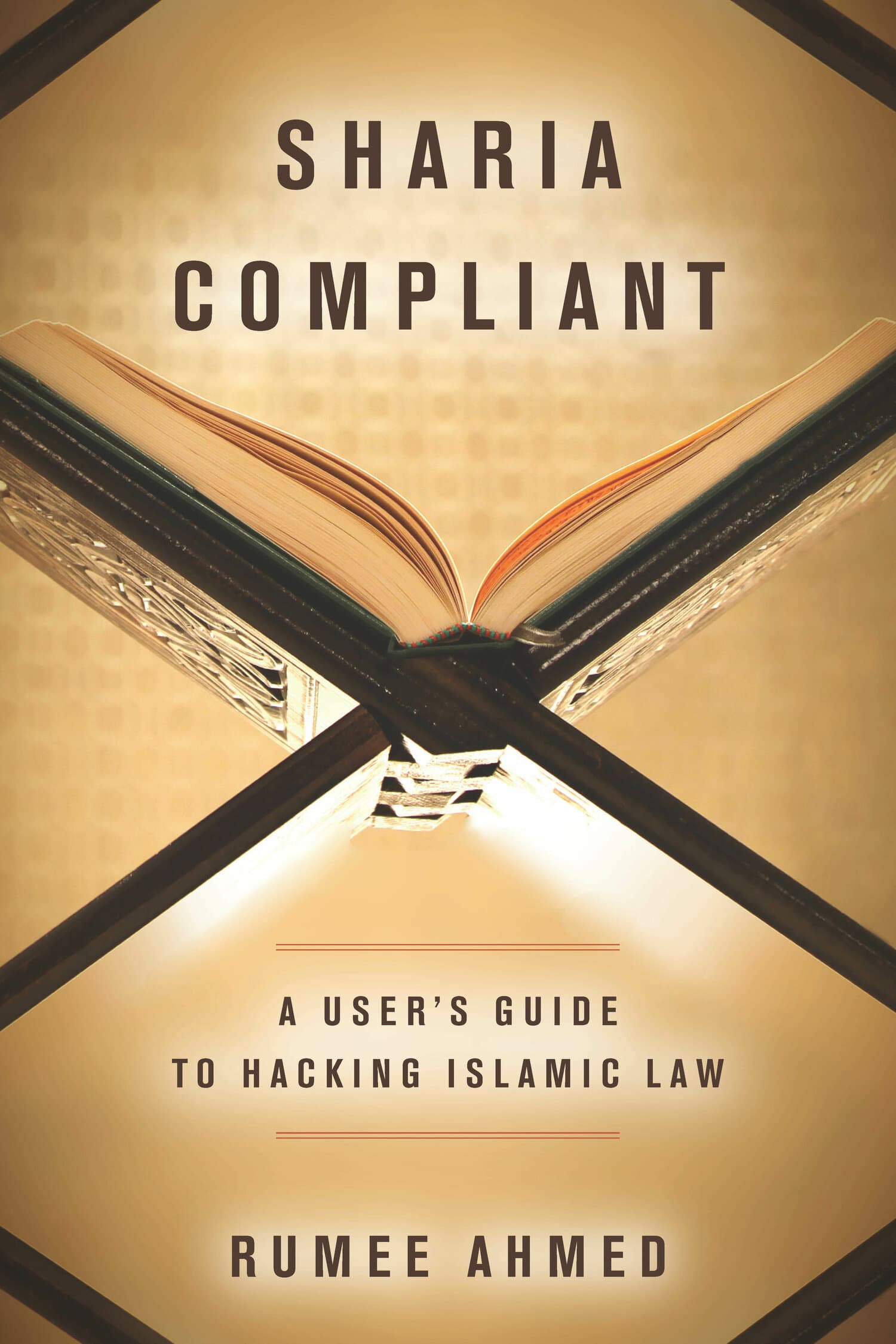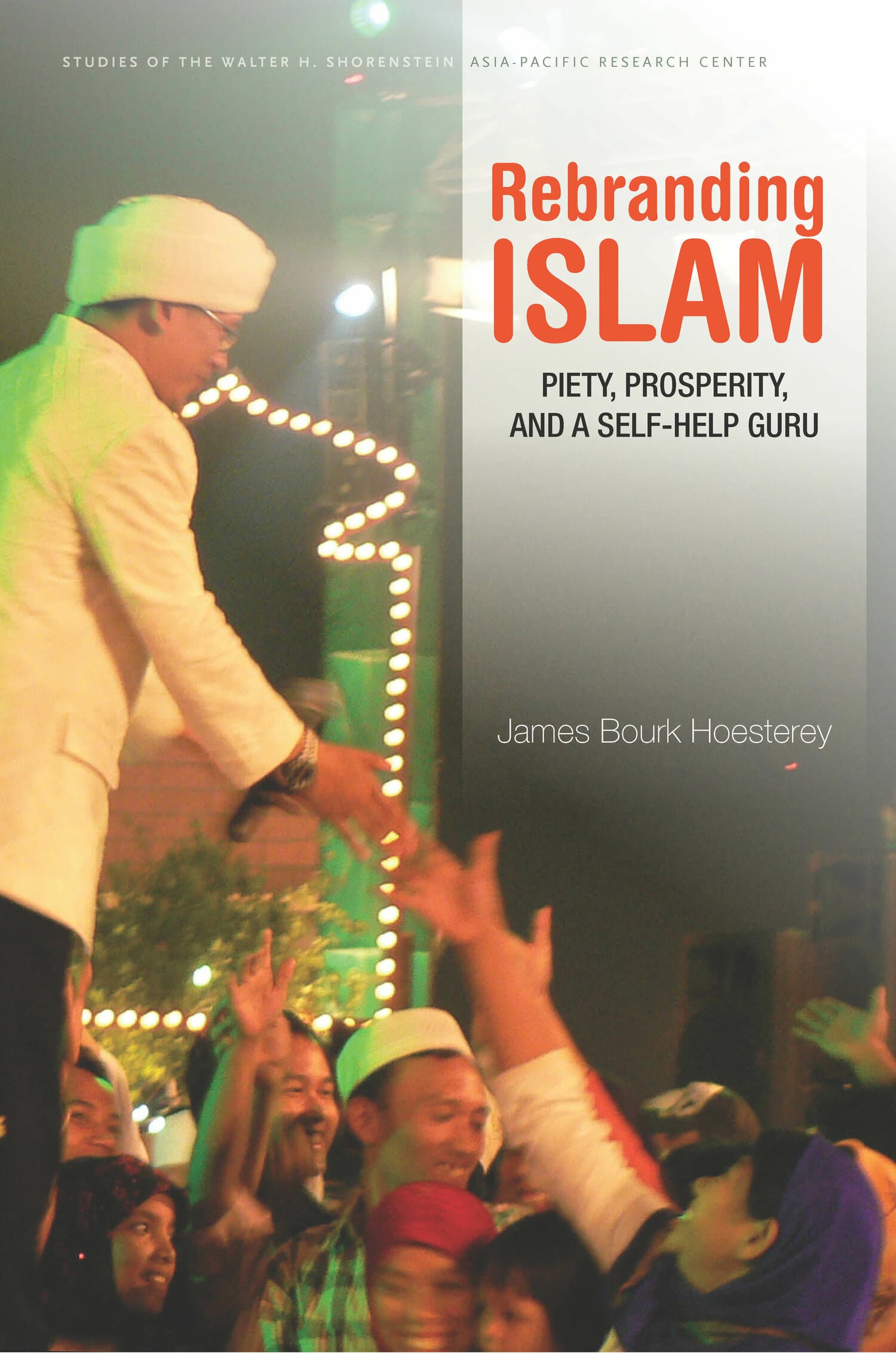The Revolution Within

The New Preachers of Egypt—so named because of their novel preaching styles, which incorporate everything from melodrama to music to self-help—came to prominence on the world's first Islamic television channel on the cusp of the Arab Spring uprisings. They promoted an innovative and inclusive Islamic piety that millions of young middle-class viewers found radical and compelling—but were scorned as neoliberal by leftists, as stealth Islamists by secularists, and as too Westernized by other Muslim preachers.
Drawing on long-term fieldwork with the New Preachers, their producers, and followers in Cairo, Yasmin Moll shows how Islamic media and the social life of theology mattered to contestations over the shape of a New Egypt. These mass-mediated fractures within Islamic Revivalism were happening at a time of both revolutionary possibility and authoritarian entrenchment. The New Preachers' Islamic media inspired a "revolution within" that transcended the country's divisions and anticipated the ethos of creativity, solidarity, and coexistence that soon would mark Tahrir Square, the ethical epicenter of the 2011 uprising. Vividly written and boldly theorized, The Revolution Within challenges conventional accounts of the 2011 revolution and its aftermath as a struggle between secular and religious forces, reconsidering what makes a practice virtuous, a public Islamic, a way of life Godly.
—Sherine Hamdy, University of California, Irvine
"With this engrossing work, we are treated to a rich, sophisticated journey into Islamic media and the aspirations, promises, and challenges therein. Few have followed media in Egypt's Islamic revival as closely and for as long as Yasmin Moll. Her work is a major contribution to Arab media studies."
—Marwan Kraidy, Northwestern University in Qatar
"Without exception or hyperbole, The Revolution Within is the best book I have ever read in the anthropology of Islam. Yasmin Moll challenges the Asadian wisdom that pits secular power against religious reason, offering instead a fine-grained analysis of competing 'theologies of mediation' that reflect different visions of Islam, nation, and revolution."
—James Bourk Hoesterey, Emory University




